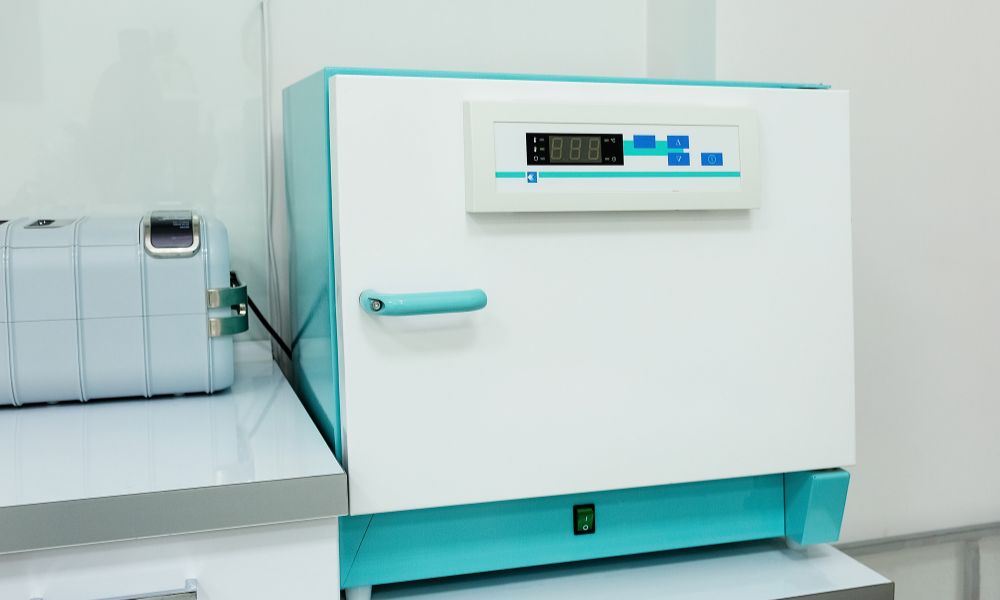Medical device manufacturers must ensure their products meet all regulatory requirements and are free from any harmful substances or microorganisms before use. Effective decontamination is a crucial part of the product’s lifecycle, because if a device is not properly cleaned and decontaminated before processing, it will affect the sterilization of the device. Discover the various types of cleaning agents used in medical device decontamination belowand learn what each can bring to your cleaning and sterilization procedures.
Enzymatic Cleaners
Enzymatic cleaners use enzymes to break down organic material, such as blood, saliva, or feces, that may be present on medical devices. Sterile processing technicians usually use these cleaners in tandem with other cleaning agents, such as detergents or disinfectants, to enhance their effectiveness. Enzymatic cleaners are generally non-toxic and have a broad range of compatibility with devices. Enzymatic cleaners are the most used in our mechanical washers at HIGHPOWER.
Specialized Detergents
Sterile processing departments will also use neutral and alkaline detergents when cleaning medical devices because of their ability to remove grease, oil, and other types of contamination. Alkaline detergents are more effective in breaking down proteinaceous material, while neutral detergents break down lipid-containing contaminants. Based upon the device and their reprocessing instructions for use, a specific detergent may be called out to use.
Disinfectants
Disinfectants, when used, are the last stage in medical device cleaning as they eliminate any remaining microbial contamination. These chemical agents destroy or inhibit the growth of microorganisms, but may not be effective in removing soil, dirt, or other contaminants. The type of disinfectant used depends on the specific microorganisms that you want to eliminate.
Solvents
Solvents are another type of cleaning agent used in medical device decontamination. Solvents dissolve or extract certain types of contaminants, such as adhesives or silicone residues. This extraction allows health practitioners to use medical devices in tandem with other treatment tools without the fear of transferring those substances to other patients. If used, solvents are often used in combination with other cleaning agents, such as detergents or enzymes, for maximum effect.
Abrasive Cleaners
Abrasive cleaners are something to also consider, though you should only use them sparingly. These products remove stubborn stains or deposits on medical devices and usually consist of mild abrasives such as pumice or calcium carbonate. Abrasive cleaners can cause damage or scratch the medical device’s surface if you do not apply them carefully, so only use them if you absolutely need to.
Medical device manufacturers must use appropriate cleaning agents to ensure their products are safe for patient use. It is also vital that you have a solid process for cleaning and sterilizing your devices. HIGHPOWER can help you find the perfect combination of steps and materials to maximize product sterility. With our medical device cleaning validation services, we will assess the effectiveness of your current process and determine whether it keeps these items safe for repeated use. Reach out to our team of scientists today to learn more.
